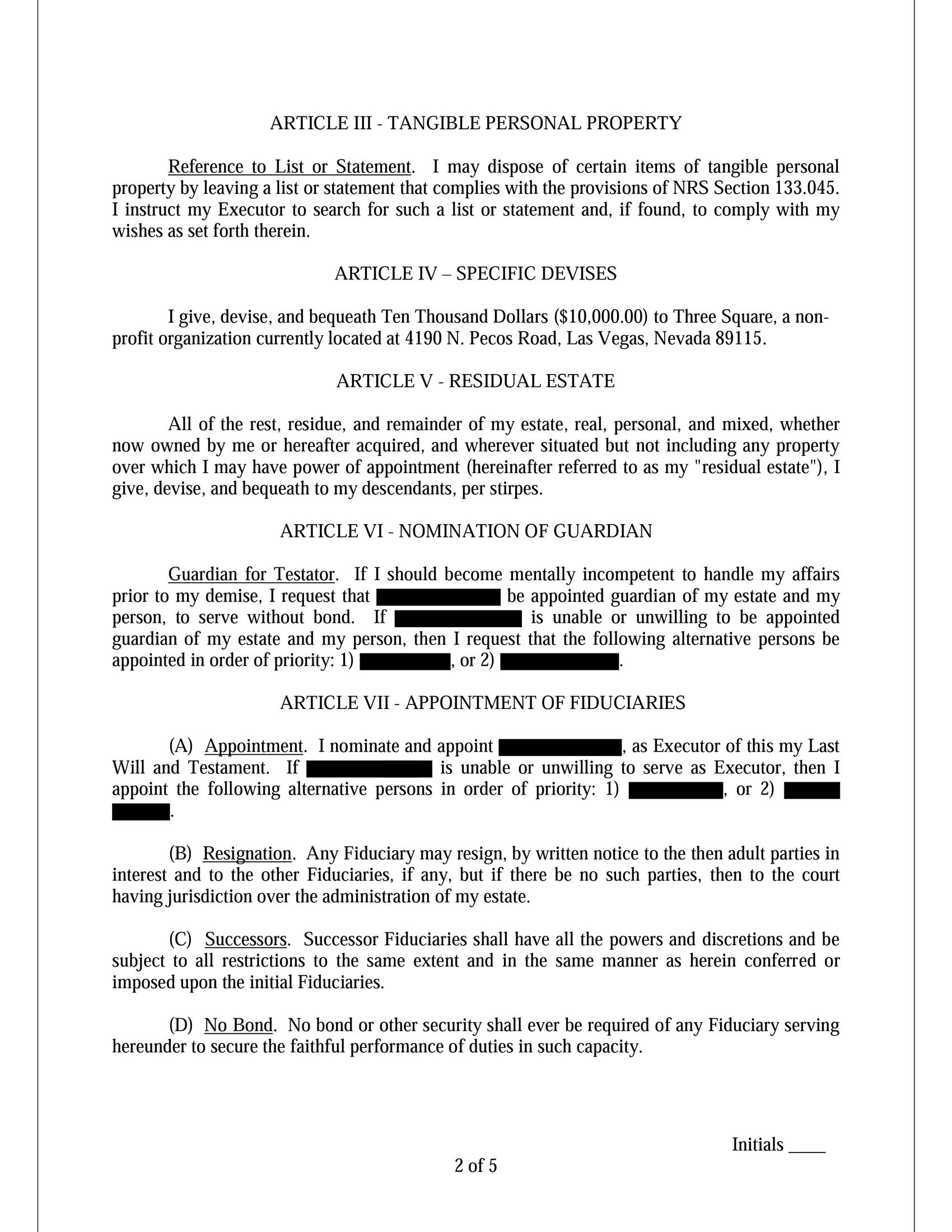Estate Planning Attorney Fundamentals Explained
Table of ContentsEstate Planning Attorney - An OverviewEstate Planning Attorney - Questions9 Simple Techniques For Estate Planning AttorneySee This Report on Estate Planning Attorney
Government estate tax obligation. The trust fund should be irreversible to stay clear of taxes of the life insurance proceeds, and it usually called an unalterable life insurance policy trust (or ILIT).After performing a depend on arrangement, the settlor must ensure that all properties are properly re-registered for the living count on. If assets (especially higher value possessions and genuine estate) stay outside of a depend on, then a probate proceeding may be necessary to transfer the property to the trust fund upon the fatality of the testator.
Beneficiary designations are considered distributions under the law of agreements and can not be altered by statements or provisions outside of the agreement, such as a condition in a will. In the USA, without a beneficiary statement, the default provision in the agreement or custodian-agreement (for an individual retirement account) will use, which may be the estate of the owner causing greater taxes and extra costs.
There is no responsibility to retain the contingent recipient assigned by the individual retirement account owner. Multiple accounts: A policy owner or retired life account owner can mark several recipients. Retirement strategies governed by ERISA supply protections for spouses of account owners that protect against the disinheritance of a living partner. Arbitration serves as an option to a full-scale lawsuits to resolve conflicts.
The 8-Minute Rule for Estate Planning Attorney
As a result of the potential disputes connected with combined family members, step siblings, and several marriages, developing an estate plan with arbitration allows people to face the concerns head-on and design a plan that will reduce the opportunity of future family members dispute and fulfill their monetary objectives. In West Malaysia and Sarawak, wills are governed by the Wills Act 1959.
158) applies. The Wills Act 1959 and the Wills Ordinance applies to non-Muslims just. Section 2( 2) of the Wills Act 1959 states that the Act does not use to wills of persons professing the faith of Islam.
In Malaysia, a person creating a will certainly need to conform with the procedures mentioned in Area 5 of the Wills Act 1959 in order for the will to be valid and effective. Under the Wills Act 1959, the youngest age to create a Will is when he/she is 18 years old, whereas for Sabah, it is 21 years old.
At the time of signing, he should not be under discomfort or excessive influence. In addition, continue reading this when the you can find out more Will is authorized by the testator, there need to go to the very least 2 witnesses who are at least 18 years of ages, of audio mind and they are not aesthetically damaged. The role of the witnesses is only to attest that the testator signed his/her Will.
The Only Guide for Estate Planning Attorney
Testator must be at the age of majority., the age of bulk is 21 years old as mentioned under Area 4 of the Wills Ordinance 1953.
Composing a brand-new will: only the most current will certainly would be recognised as the legitimate one by the courts Affirmation in writing of a purpose to revoke the will: the testator makes a created declaration about their intention to withdraw the will. The claimed statement has to be signed by the testator in the existence of 2 witnesses.
Intentional devastation: according to Section 14 of the Wills Act of Malaysia a will certainly can be scorched, broken or otherwise intentionally destroyed by the testator or a 3rd celebration in the visibility of the testator and under their instructions, with the intent to withdraw the will. Accidental or malicious damage by a 3rd party does not render the abrogation efficient. [] If a person passes away without a will, the Distribution Act 1958 (which was changed in 1997) applies.
Some Known Incorrect Statements About Estate Planning Attorney

"Estate Preparation, Impairment, and the Long Lasting Power of Lawyer". South Carolina Law Review. 30: 511. Fetched 20 September 2017. Veasey, Westray B.; Craig G. Dalton Jr.; Poyner Spruill LLP (May 24, 2013). "Why You Need an Estate Plan Article 2013 Tax Obligation Act". The National Law Evaluation. Gotten 26 May 2013.
